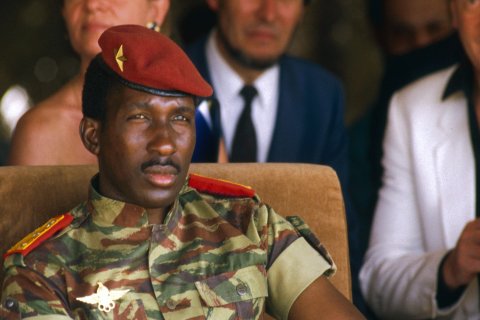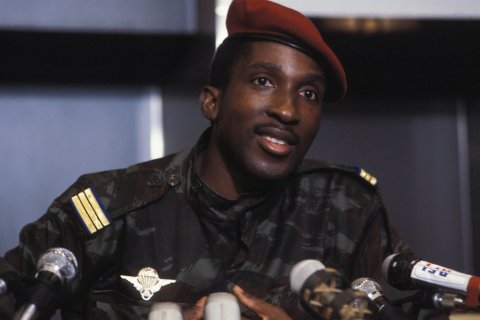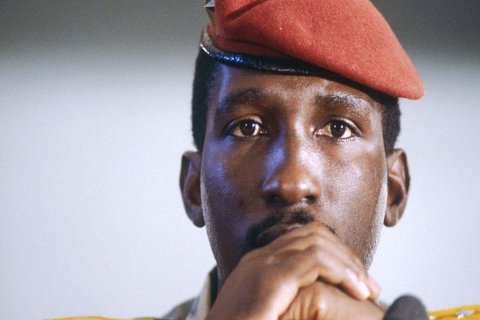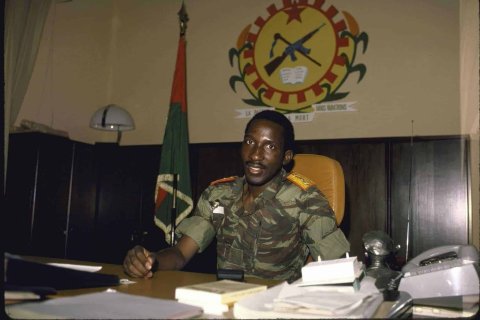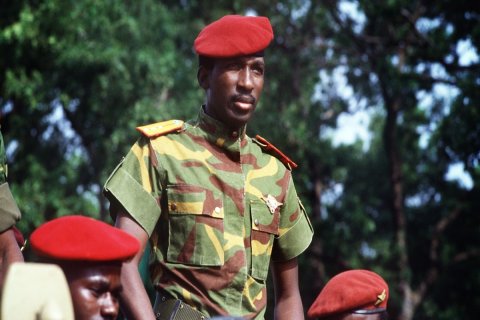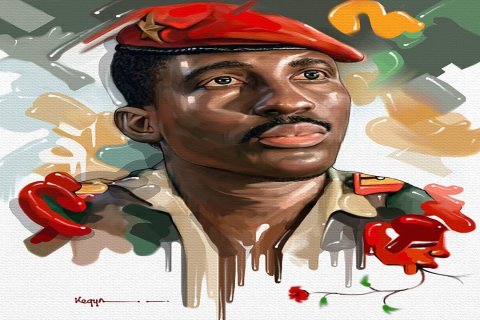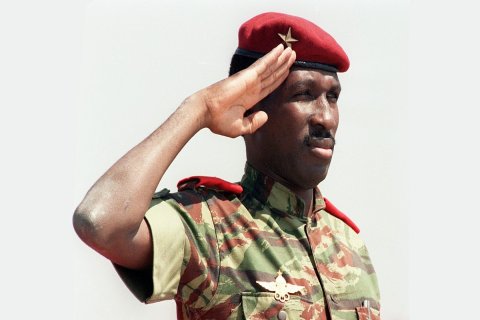Thomas Sankara
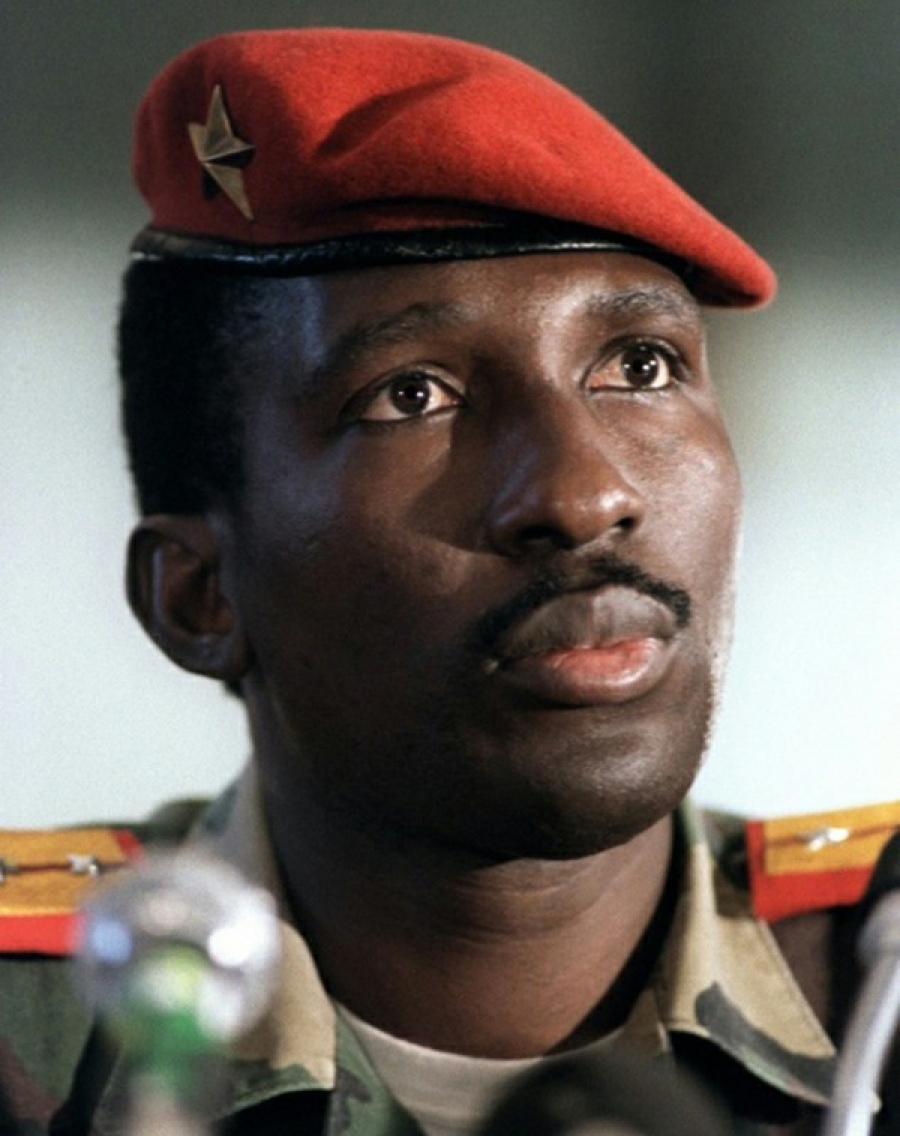
Thomas Sankara: A Revolutionary Leader and Symbol of Pan-Africanism
Early Life and Education:
- Born on December 21, 1949, in Yako, French Upper Volta (now Burkina Faso)
- Father was a military officer and mother was a homemaker
- Attended military schools in Upper Volta and Madagascar
- Received training in military strategy and tactics in France
Military and Political Career:
- Joined the military in 1966 and quickly rose through the ranks
- Became a paratrooper and participated in several military operations
- In 1982, led a successful military coup that overthrew President Saye Zerbo
- Became the President of Upper Volta and renamed the country Burkina Faso, meaning "Land of the Upright People"
Policies and Achievements:
- Implemented a series of progressive and revolutionary policies aimed at transforming Burkina Faso into a self-reliant and prosperous nation
- Focused on land redistribution, agricultural development, and education
- Nationalized key industries and implemented economic reforms to reduce poverty and inequality
- Promoted gender equality and women's rights
- Advocated for African unity and self-determination, becoming a prominent figure in the Pan-African movement
Foreign Policy and International Relations:
- Championed the Non-Aligned Movement and criticized both Western imperialism and Soviet expansionism
- Supported liberation movements in Africa and denounced apartheid in South Africa
- Called for a new international economic order that would benefit developing countries
Assassination and Legacy:
- On October 15, 1987, Sankara was assassinated in a military coup led by his former close friend, Blaise Compaoré
- The circumstances surrounding his death remain controversial, with allegations of involvement by external forces
- Sankara's legacy lives on as a symbol of revolutionary change, Pan-Africanism, and the struggle for social justice
- His ideas and policies continue to inspire activists and movements across Africa and beyond
Additional Information:
- Sankara was a charismatic and influential leader who became known as the "African Che Guevara" due to his revolutionary ideals and commitment to social transformation
- He is widely regarded as one of the most important figures in African history and a pioneer of the revolutionary Pan-African movement
- His assassination was a major setback for progressive forces in Burkina Faso and Africa as a whole
- Sankara's life and work continue to be studied and celebrated by academics, activists, and artists around the world

